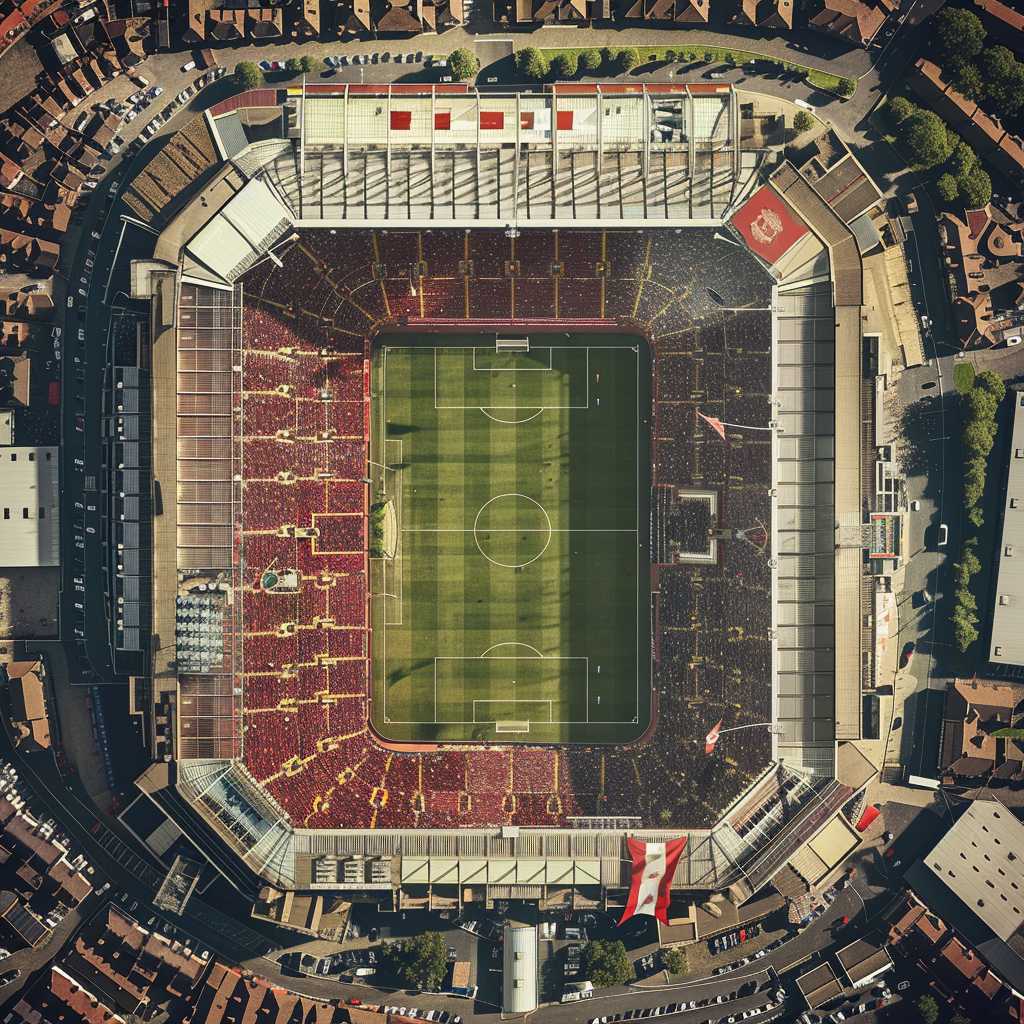The Historic Rivalry: Manchester United vs Liverpool FC Explained
Manchester United and Liverpool FC are two of the most successful football clubs not only in English football but also on the international stage. Their rivalry is deeply rooted and has grown into one of the most intense match-ups across the global sports landscape. The confrontation between these two clubs extends beyond mere competitiveness; it taps into the societal, economic, and historical contexts that define the cities of Manchester and Liverpool. As such, matches between Manchester United and Liverpool are often more than just football games—they are a display of heritage, pride, and a struggle for supremacy.
The Foundations of the Feud
The feud between Manchester United and Liverpool FC can be traced back to the late 19th and early 20th centuries, stemming from industrial competition between Manchester, with its textile manufacturing prominence, and Liverpool, a major port city. Football began playing a role in this intercity rivalry when both clubs rose to prominence.
Manchester United was founded in 1878 under the name Newton Heath LYR Football Club and was later renamed Manchester United in 1902. Liverpool FC was established in 1892 following a dispute at Everton FC, leading to some members breaking away. Both clubs moved rapidly to seal their statuses within English football, with each winning division titles by the close of the 1900s.
20th Century
During much of the 20th century, rises and falls in fortunes for both clubs occurred, with their battles becoming headlining events during football seasons. Liverpudlian dominance during the ’70s and ’80s under managers like Bill Shankly and Bob Paisley saw them accumulate numerous league titles and European Cups.
Manchester United experienced a resurgence in success under Sir Alex Ferguson from the late 1980s through his retirement in 2013. His arrival turned fortunes around for United, transforming them into an English and international superpower. Significant matches throughout Ferguson’s reign included many high-octane confrontations with Liverpool, which would often swing the pendulum of momentum between the two northwestern giants.
21st Century Updates
In recent years, the management at Liverpool under Jurgen Klopp has seen a rekindling of that winning formula which eluded them for years. With his “heavy metal” soccer approach, Klopp has revamped Liverpool into a title-winning side while Ole Gunnar Solskjær tried to cultivate reminiscent success of the Ferguson era at Manchester United.
Old Trafford and Anfield, the respective homes of each team, have staged some memorable evenings where chants reverberate recalling past glories and floating aspirations for future triumphs. Despite their massive global fanbases, local fans embody the essence of rivalry’s significance through every kick and corner kick.
Strategic Implications
When these two titan teams collide, strategies play a pivotal role as coaches try to outwit each other. The lineups usually vibe with tension-filled anticipation as supporters scrutinize drills week’s in advance. Liverpool has been famous for their aggressive pressing style and rapid frontline movements involving prolific players like Mohamed Salah and Sadio Mane. On the other hand, Manchester United has historically showcased a blend of sheer talent-driven playmaking alongside strategic exactitude aiming to exploit any weakness.
Cultural Significance
The rivalry between Manchester United and Liverpool goes well beyond soccer. It represents an ongoing narrative about identity woven tightly into match days where fans don sports-emblematic club colors as a badge of might. The sheer intensity can reach euphoric heights or fall amidst beleaguered resignation unfolding as city honor symbols hanging in balance by 90+ minutes’ verdict.
Impact on Standings
These faceoffs rarely lack stakes; points garnered or dropped could catalyze trends affecting final standings with repercussions in league placements or qualifications across various tournaments including the UEFA Champions League.
Notable Matches Throughout History
Historical recollections date back to matches such as the encounter at Wembley Stadium during the 1977 FA Cup Final where a United win prevented Liverpool from a potential historic treble. Recent memorable clashes include matches like the Europa League meeting in March 2016 where Liverpool bested United across two legs under Klopp’s leadership.
